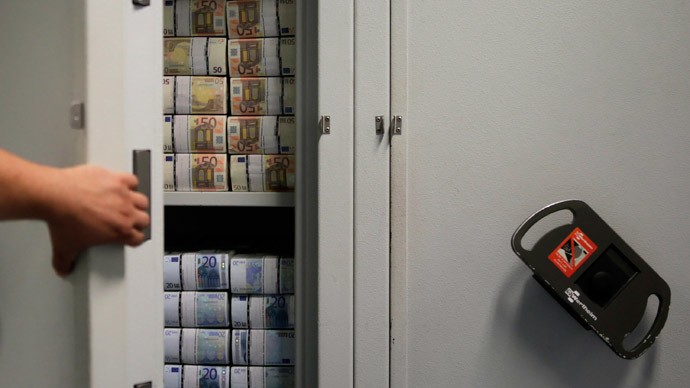Brazil Understanding the Tax on Financial Operations (IOF)
Post on: 27 Июль, 2015 No Comment

Email a friend
- Your name: Please enter your name
- Your email: Please enter your email address Please enter a valid email
Please enter a maximum of 5 recipients. Use ; to separate more than one email address.
During the recent and most severe global economic crisis in more than six decades, Brazil is proving to be a solid and strong economy and has been identified as one of the largest consumer markets in the world, as well as a major centre of opportunities for foreign investors, says Marienne Mendonça Shiota Coutinho, of KPMG.

As the Financial Times has already stated, Brazil is one of the fabled fast-growing BRIC economies – Brazil, Russia, India and China – that are reshaping the international order. And as the host of the next football World Cup and, in 2016, the Olympic Games, Brazil has confidently arrived on the global stage.
This economic and political progress is driving foreign investment in the country. For multinationals, a better understanding of the extensive and complex Brazilian tax system is essential when weighing up investment opportunities.
With this in mind, this article provides insights into the Brazilian tax system especially in regards to the Tax on Financial Operations (IOF), which is a very important tax in Brazil. This is because this tax was previously zero-rated for most transactions involving foreign parties. However, this has significantly changed in the recent past.
One explanation for the recent IOF tax rates increase is the end of the CPMF (Provisional Contribution on Financial Transactions). The CPMF was a federal contribution charged on almost all bank account transfers at 0.38% that ceased to be charged because of political pressure. It was originally created on a temporary basis to fund the public health system yet was being used for other purposes. The lack of the associated tax revenue led the government to increase the IOF tax rate on most foreign exchange transactions to 0.38%. Since then, further changes have also been introduced.
The other driver for the changes in IOF was the appreciation of the Brazilian currency (real) and the desire of the federal government to balance the fluctuation. The Brazilian real has significantly appreciated over the past few years, affecting the competitiveness of Brazilian exporters. The Brazilian government has no direct influence over exchange rates, which merely reflect market conditions. However, the country has received a significant influx of speculative foreign capital, including short-term financial investments attracted by high interest rates, which resulted in this harmful appreciation of the Brazilian real against the US dollar and other foreign currencies.
By increasing the IOF tax rate on certain foreign exchange transactions, the government intended to reduce the level of speculative inflow of foreign currency into the country.
Generally speaking, the Brazilian Federal Constitution provides that taxes may only be increased by means of a law duly approved by the National Congress. After approval, a certain period of time (commonly after 90 days or as of the subsequent fiscal year, according to the specific case) must lapse before such law can take effect.
Nevertheless, some exceptions exist, which is the case with the IOF. In this regard, IOF rates can be easily changed by the federal government at its own discretion, by means of a decree that becomes effective as of its enactment date. Another example is the import tax.
Taxable transactions
As foreseen by Decree 6,306/2007, IOF is a federal tax levied on credit (including intercompany loans), foreign exchange, insurance and securities transactions. The tax also applies to transactions with gold or involving gold (that is, transactions with gold financial assets or exchange gold agreements).
The tax base varies according to the taxable event and the financial nature of the transaction, and rates vary depending on the type of transaction and maturity terms, if applicable.














